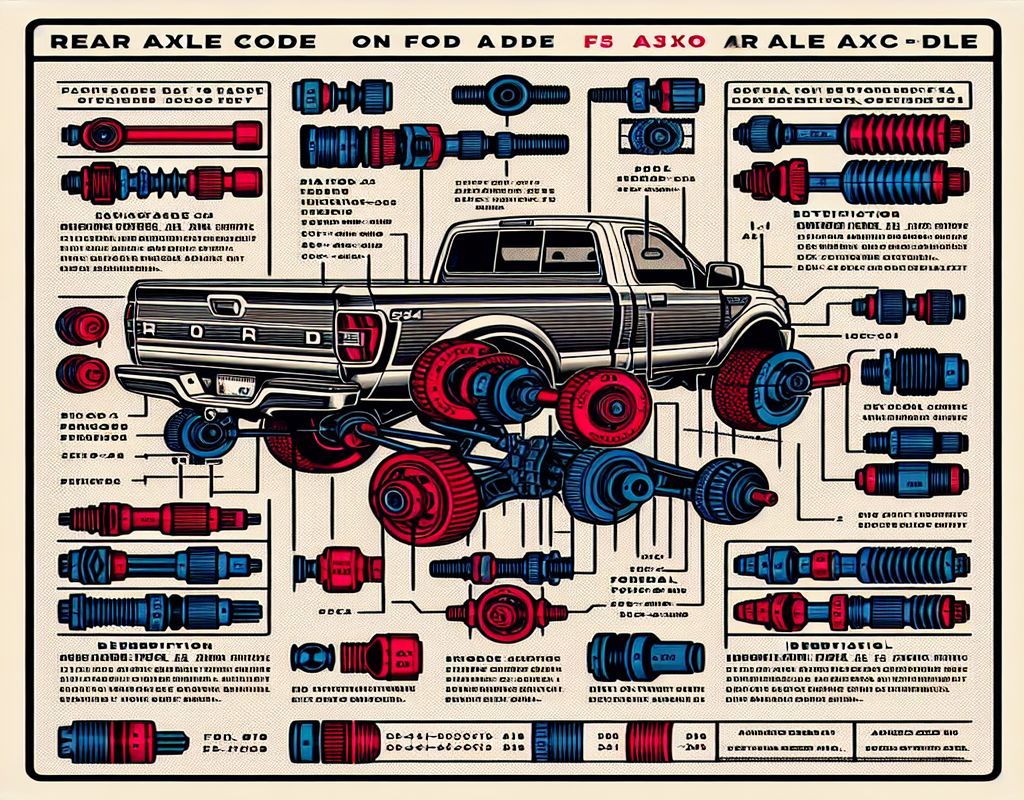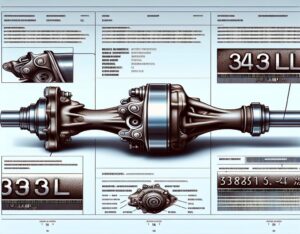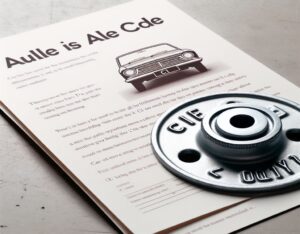Unveiling the Secrets of Ford Ranger Rear Axle Codes
When it comes to maintaining and repairing your Ford Ranger, understanding rear axle codes is key. These codes hold vital information about your vehicle’s rear axle configuration, impacting maintenance, repairs, and overall performance.
Decoding Rear Axle Codes
Rear axle codes are unique identifiers for different rear axle configurations in vehicles like the Ford Ranger. These alphanumeric codes distinguish between axle ratios, differential types, and other crucial features, guiding maintenance and repair decisions.
Where to Find Rear Axle Codes
Locating these codes is the first step. Check the sticker in the driver’s side door jamb or inspect the axle housing for stamped codes. Unraveling these mysteries is essential for optimizing your Ford Ranger’s performance.
Deciphering the Codes
Understanding the format of these codes is crucial. Look for key numbers and letters encoding axle ratio, differential type, and manufacturing specifics. This knowledge empowers owners to make informed decisions about their vehicle.
Types of Rear Axle Codes
Ford Rangers boast various rear axle configurations denoted by distinct codes. These codes indicate axle ratios, limited slip differentials, and other variations that influence the vehicle’s capabilities.
Significance of Rear Axle Codes
Your Ford Ranger’s specific rear axle code impacts functionality, from towing capacity to overall performance. Tailoring maintenance practices and upgrades to this code ensures optimal operation of your vehicle.
Common Rear Axle Codes
Certain rear axle codes are prevalent in Ford Rangers, signifying specific vehicle characteristics. Familiarize yourself with these codes to understand engine sizes, transmission types, and other essential features.
Leveraging Rear Axle Codes for Maintenance
Using these codes as a maintenance guide streamlines caring for your Ford Ranger. Make informed decisions on replacement parts, fluid specifications, and maintenance tasks tailored to your vehicle’s rear axle configuration for enhanced longevity and performance on the road.



